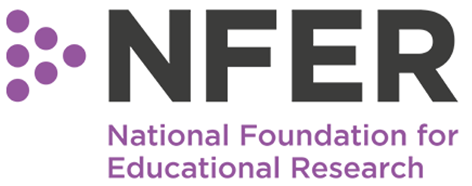This longitudinal study follows a group of the youngest school-aged children during and since the Covid-19 pandemic to understand the long-term impact of Covid-19 related disruption to schools on pupils’ attainment and social skills. This report represents the findings from the third year of the study.
The research has been conducted by the National Foundation for Educational Research (NFER), published and funded by the Education Endowment Foundation (EEF).
Key Findings
- Overall, the Covid-19 gap appears to have closed for both Year 3 and Year 4 pupils, on average, in both reading and mathematics.
- There is a notable proportion of very low attaining pupils in Year 3 reading which is larger than that seen before the pandemic.
- There is a disadvantage gap for reading in both Year 3 and Year 4 of around 7 months’ progress and these gaps have not decreased since spring 2021.
- There is a disadvantage gap for mathematics in both Year 3 and Year 4 of around 6 months’ progress. These gaps have reduced significantly since spring 2021, but remain wider than those reported before the pandemic.
- Schools reported less disruption to learning in 2022/23 than had been the case in the previous year. For those experiencing disruption, the most commonly reported reasons related to pupils’ behaviour and wellbeing.
- Despite the signs of recovery, it is not yet clear if our findings are embedded trends, or how long catch-up support may be needed, for recovery to be sustained. Continuing to track pupils’ progress throughout primary school will be important to help schools target further catch-up support appropriately.

